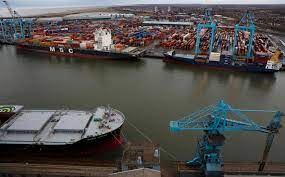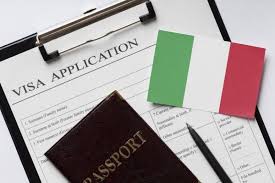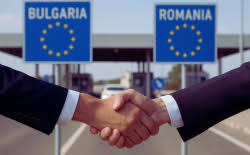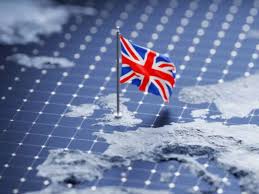UK to implement carbon levy on imported goods by 2027

London: Britain will implement a new carbon import levy on some products from 2027 to help to protect businesses against cheaper imports from countries with less strict climate policies, the government said on Monday.
The planned carbon border adjustment mechanism (CBAM) will apply to carbon-intensive products in the iron, steel, aluminium, fertiliser, hydrogen, ceramics, glass and cement sectors.
The charge applied will depend on the amount of carbon emitted in the production of the imported good and any gap between the carbon price applied in the country of origin and the carbon price faced by UK producers.
“This levy will make sure carbon intensive products from overseas – like steel and ceramics – face a comparable carbon price to those produced in the UK, so that our decarbonisation efforts translate into reductions in global emissions,” finance minister Jeremy Hunt said.
Britain, which has a target of reaching net zero emissions by 2050, launched an emissions trading system (ETS) in 2021 to charge power plants, factories and airlines for each tonne of carbon dioxide they emit as part of efforts to meet that goal.
Many other regions such as the European Union and China operate such systems, but prices within the schemes vary and many regions have no carbon pricing at all.
Britain’s benchmark ETS carbon contract currently trades around 36.60 pounds ($46.34) per metric ton while contracts in China’s ETS trade around 71.60 yuan ($10.04) a ton.
Britain said the levy would help to reduce the risk of so-called carbon leakage, avoiding emissions being displaced to other countries because they have a lower or no carbon price.
The European Union in September launched the first phase of a system to impose CO2 emissions tariffs on imported steel, cement and other goods. It will not begin collecting any CO2 emission charges at the border until 2026.
Britain’s steel industry believes the domestic measure is needed to prevent a flood of high-emission products coming to the UK once the EU’s carbon measure is up and running.
“With over 90% of global steel production facing no carbon cost, it is only right that a new carbon border policy is put in place,” Gareth Stace, director general of industry group UK Steel, said in a statement.
“However, implementing the UK scheme one year after the EU CBAM starts is hugely concerning.”
The planned EU tariff has caused disquiet among trading partners and at a recent forum, China’s top climate envoy, Xie Zhenhua, urged countries not to resort to unilateral measures such as the EU levy.





